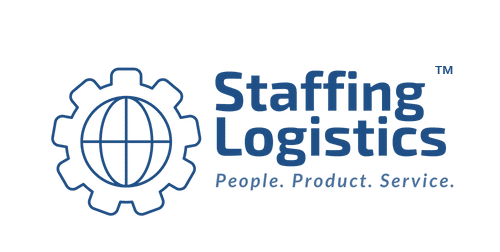How to Create a Resume

Your resume is your greatest marketing tool in any job search. When writing a resume, it should include in a clear and concise manner what experience you have, why that makes you unique, and how that makes you the best person for the job.
Don’t be afraid to brag a little! But before you can prove to anyone that you are the best candidate for the job, you need to get them to actually read your resume.
In order to do that, you have to make sure when writing your resume that it is in tip-top shape so that it avoids being filed away in the trash.
Types of Resumes
There are primarily two types of resumes out there: The Chronological Resume and The Skills Resume, with a lot of resumes falling somewhere in between.
Chronological Resume
A chronological resume includes a chronological list of your job experience, starting with the most recently held position. Listed under each job should be the dates of the jobs, the title of the positions held, the location of the job, and a short description of duties. It can also include education level and a short list of relevant skills.
The advantage of this type of resume is that it is the “industry standard” and familiar to most resume screeners. This is a good type of a resume for a recent college graduate or someone who has worked consistently in the same field. People who have long breaks in their work career or switched jobs or careers frequently might find this type of resume a little too revealing, since it relies on dates to organize itself. For these people the Skills Resume might be the way to go.
The Skills Resume
A skills resume is organized according to job skills instead of job positions. Groupings of jobs are listed under the appropriate skill that they helped develop, including a detailed explanation of the relevant skill set and how each job contributed to that skill proficiency.
This is a great resume for someone with a long career, whose relevant experience might not be so recent. The important thing about a good skills resume is that it specifically addresses the skills required for the prospective job.
Keep Your Resume Targeted
Take the time to customize your resume to the position that is offered and you will get a lot more call backs. A good way to research a company is by looking at their website. Remember, the more research you do, the more you can tailor your resume to that company and position, and the more prepared you’ll be if you get the interview.
